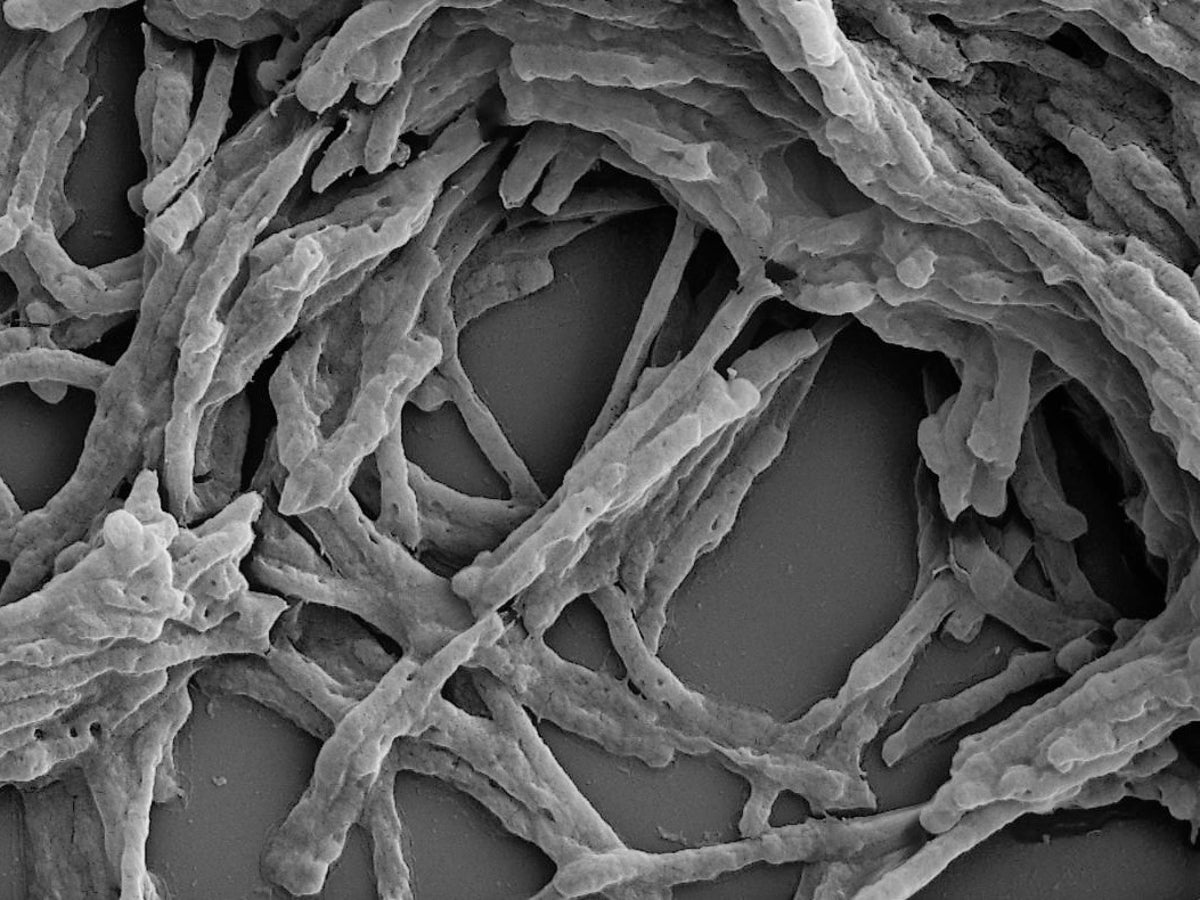
Scientists have discovered an enzyme that converts air into electricity, potentially unlocking a near-limitless source of clean energy.
A team from Monash University in Melbourne, Australia, found that a hydrogen-consuming enzyme from a common soil bacterium was able to generate an electrical current using the atmosphere as an energy source.
“We’ve known for some time that bacteria can use the trace hydrogen in the air as a source of energy to help them grow and survive, including in Antarctic soils, volcanic craters, and deep in the ocean,” said Professor Chris Greening from Monash University’s Biomedicine Discovery Institute.
“But we didn’t know how they did this, until now.”
The discovery was detailed in a paper, titled ‘Structural basis for bacterial energy extraction from atmospheric hydrogen’, published in the journal Nature on Wednesday.
The enzyme, called Huc, proved to be “astonishingly stable” and remarkably efficient at creating “energy from thin air”, according to the researchers.
“Huc is extraordinarily efficient,” said Dr Rhys Grinter from Monash University.
“Unlike all other known enzymes and chemical catalysts, it even consumes hydrogen below atmospheric levels – as little as 0.00005 per cent of the air we breathe.”
Experiments revealed that it is possible to store purified Huc for long periods at freezing temperatures or up to 80 degrees celsius without it losing its power to generate electricity.
Early applications of the “natural battery” enzyme Huc include small air-powered devices, serving as an alternative to solar-powered devices.
The most immediate objective is to scale up the production of Huc so that it can be efficiently used at a meaningful scale.
Dr Grinter said: “Once we produce Huc in sufficient quantities, the sky is quite literally the limit for using it to produce clean energy.”







